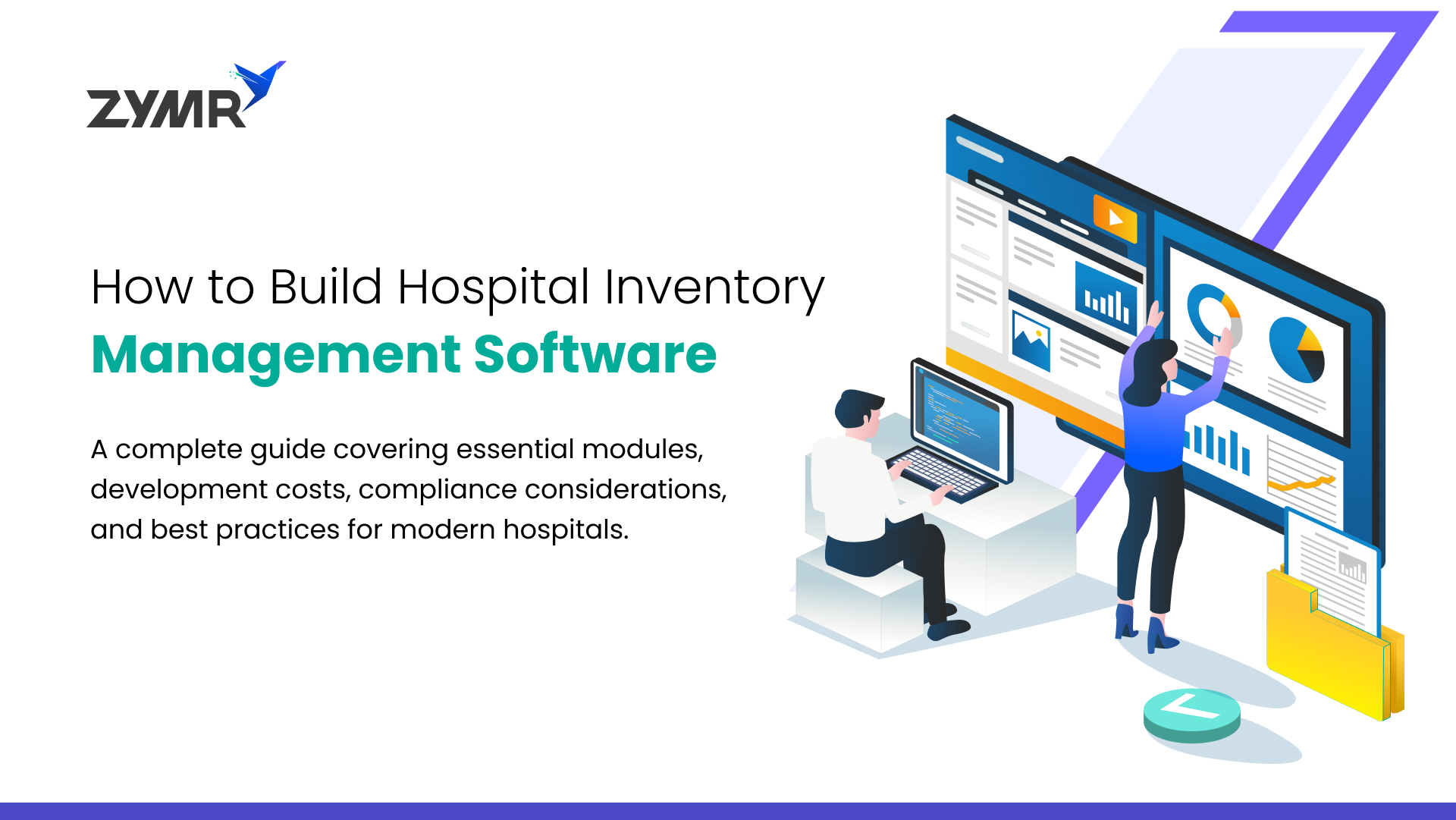While the concept of cloud computing was first proposed in the 1960s, it wasn't until 1999 that Salesforce became the first large cloud company, delivering business applications in a way that is now a standard feature of cloud-based businesses today. Salesforce takes the next step in cloud development with the introduction of Salesforce App Cloud for connected app development.The three traditional forms of app development each have their own pitfalls that Salesforce App Cloud addresses. On-premises development by internal IT staff gives an enterprise control over its apps but it tends to be a more expensive, time-consuming and resource-intensive method. The Infrastructure as a Service (IaaS) method requires significant IT involvement in the development process and tends to be very capital intensive. Platform as a Service (PaaS) offers the same benefits as IaaS but tends to offer limited scalability and often locks the enterprise into a specific environment or interface. This is especially true for enterprises who find themselves managing siloed development platforms that are unavailable to all architectures and that end up having limited use by the business as a result.Salesforce App Cloud is a unified platform enabling the development and management of connected applications using Salesforce's established and trusted infrastructure utilizing the Software as a Service (SaaS) method. Salesforce App Cloud integrates its existing Force, Heroku, Heroku Connect, and Lightning services along with newly created interactive learning environment Trailhead and the world's largest enterprise app marketplace AppExchange.Salesforce App Cloud provides developers with all the tools to build apps in any language for any device while managing them through Salesforce's single enterprise cloud environment. Salesforce App Cloud thus makes compliance and governance easier to achieve. Plus, Salesforce App Cloud is suitable for any industry or sector and counts many non-IT businesses as customers.
THE FUTURE OF MOBILE APP DEVELOPMENT SERVICE DEMAND
Research company Gartner, predicts that through 2017 mobile app development services demand will grow at least five times faster than IT departments' ability to deliver them. This creates a huge opportunity for Salesforce App Cloud to help corporate IT staff deliver the apps themselves rather than relying on outside consulting firms or other costly methods that will increasingly be in demand given Gartner's research. Additionally, these outside providers won't understand their business as well as their own IT staff do.Salesforce App Cloud development offers other benefits not the least of which is the absence of costly servers. This comes with the time-consuming rollouts of new applications on every device for every user using traditional app development methods. With Salesforce App Cloud, enterprises use Salesforce's established infrastructure to develop and host the apps and take advantage of their experience, scale, and features in the process. This includes built-in security and setup for analytics and reporting. Plus, all apps are immediately available everywhere on any device eliminating the siloed result of traditional methods.Salesforce App Cloud currently counts over 2.3 million developers who have produced in excess of 5.5 million apps on the Salesforce infrastructure which delivers over 3.7 billion transactions daily. Given its ease of scalability and lack of software to buy, set up or manage, Salesforce App Cloud is suitable for any size business who wishes to develop custom apps without the costs and pitfalls of traditional development methods.Everything you need to know about outsourcing technology developmentAccess a special Introduction Package with everything you want to know about outsourcing your technology development. How should you evaluate a partner? What components of your solution that are suitable to be handed off to a partner? These answers and more below.
Conclusion
FAQs
>
>
>
>
>
Have a specific concern bothering you?
Try our complimentary 2-week POV engagement
Our Latest Blogs

January 15, 2026
Global Healthcare Outlook 2026: Key Trends in Digital Health, AI, and Patient Safety

January 15, 2026
Top 10 Healthcare IT Services Companies Transforming Healthcare Delivery(2026)

January 15, 2026






.svg)
.svg)
.svg)
.svg)
.svg)
.svg)
